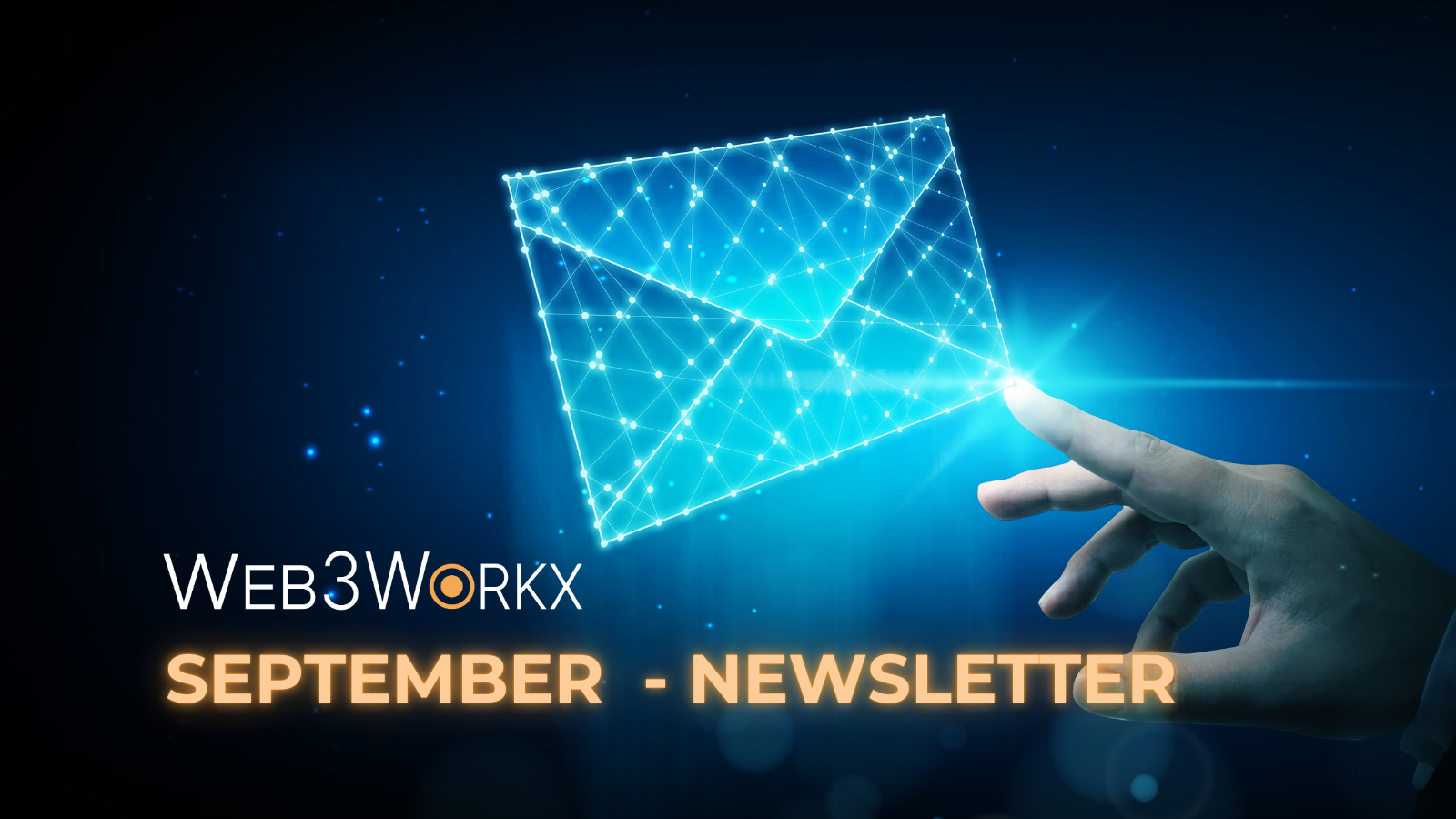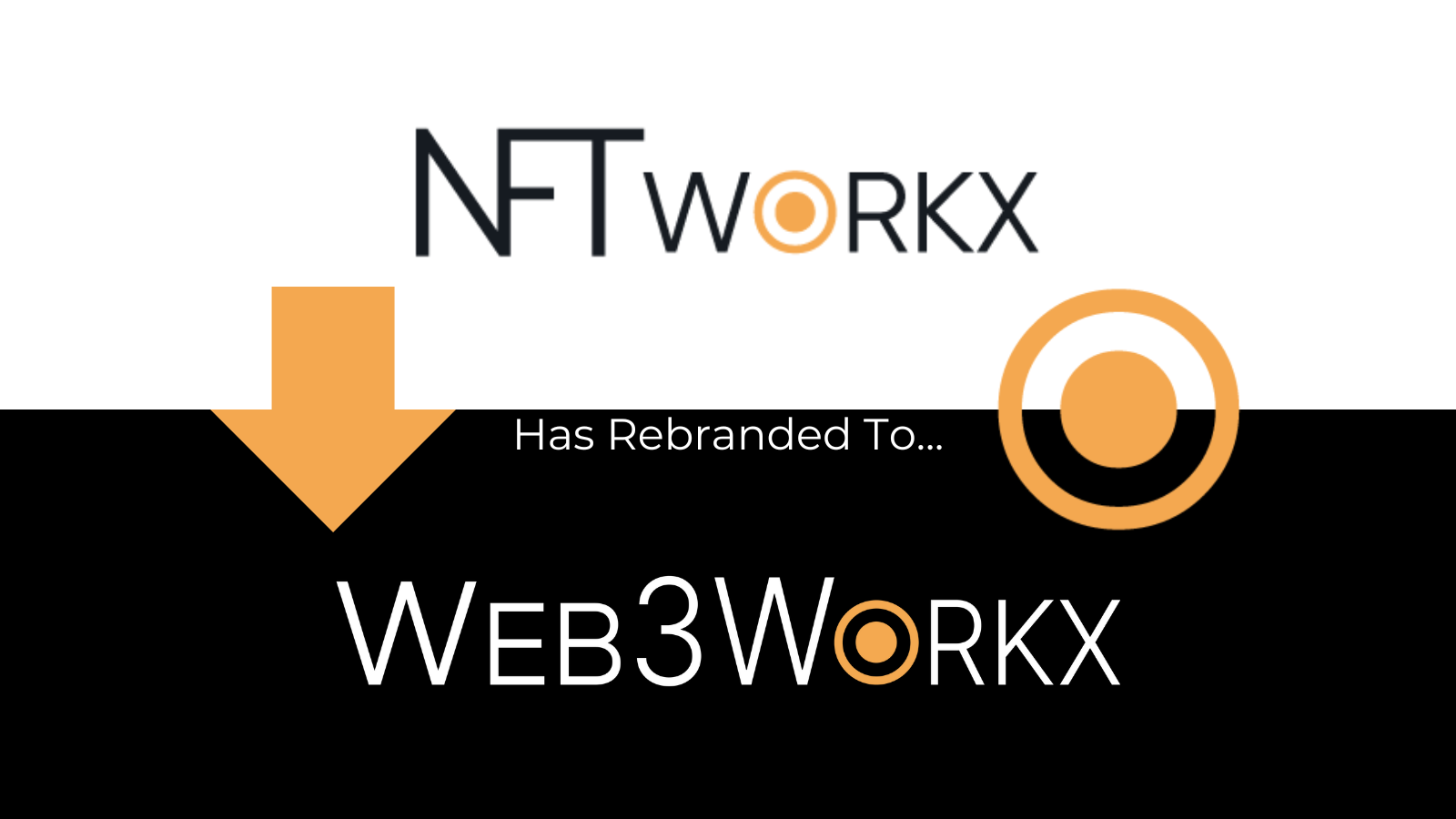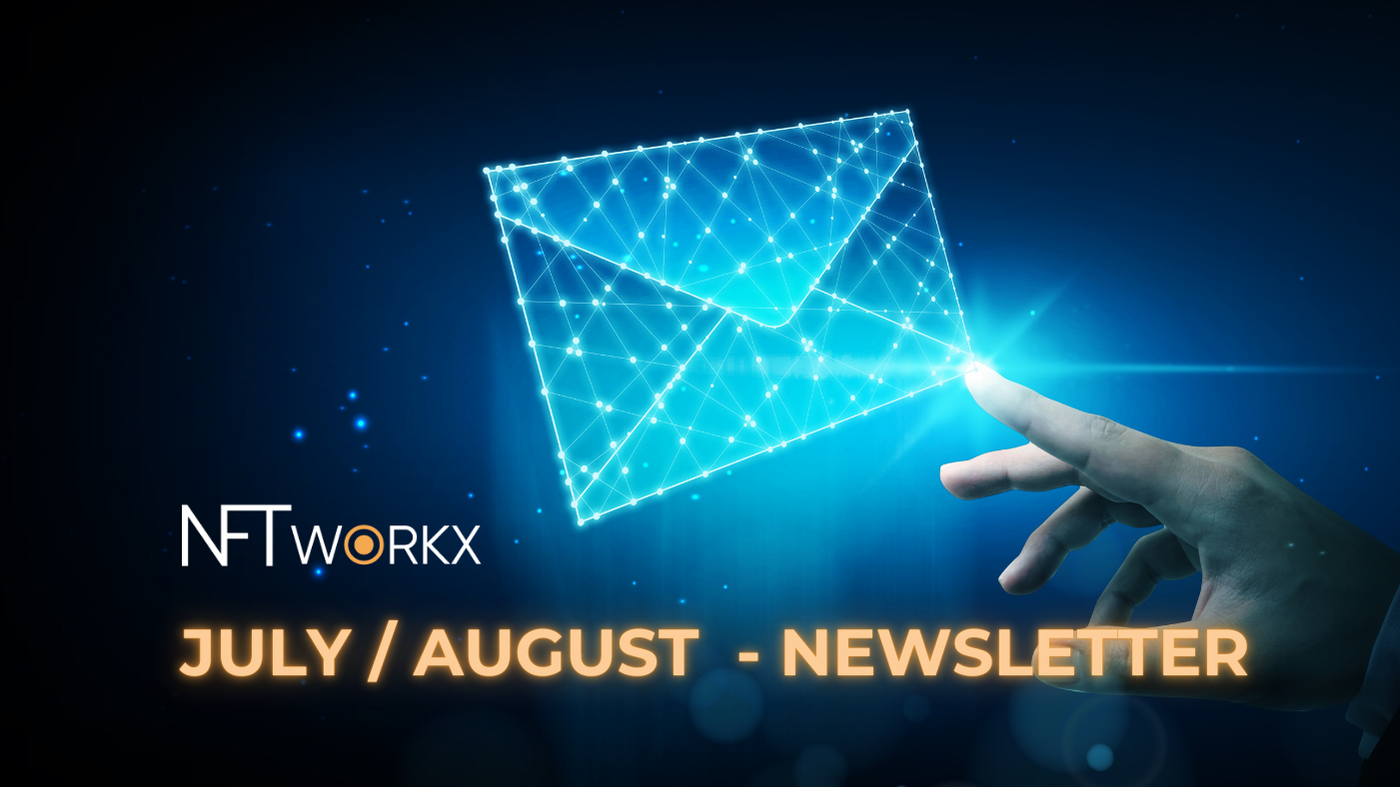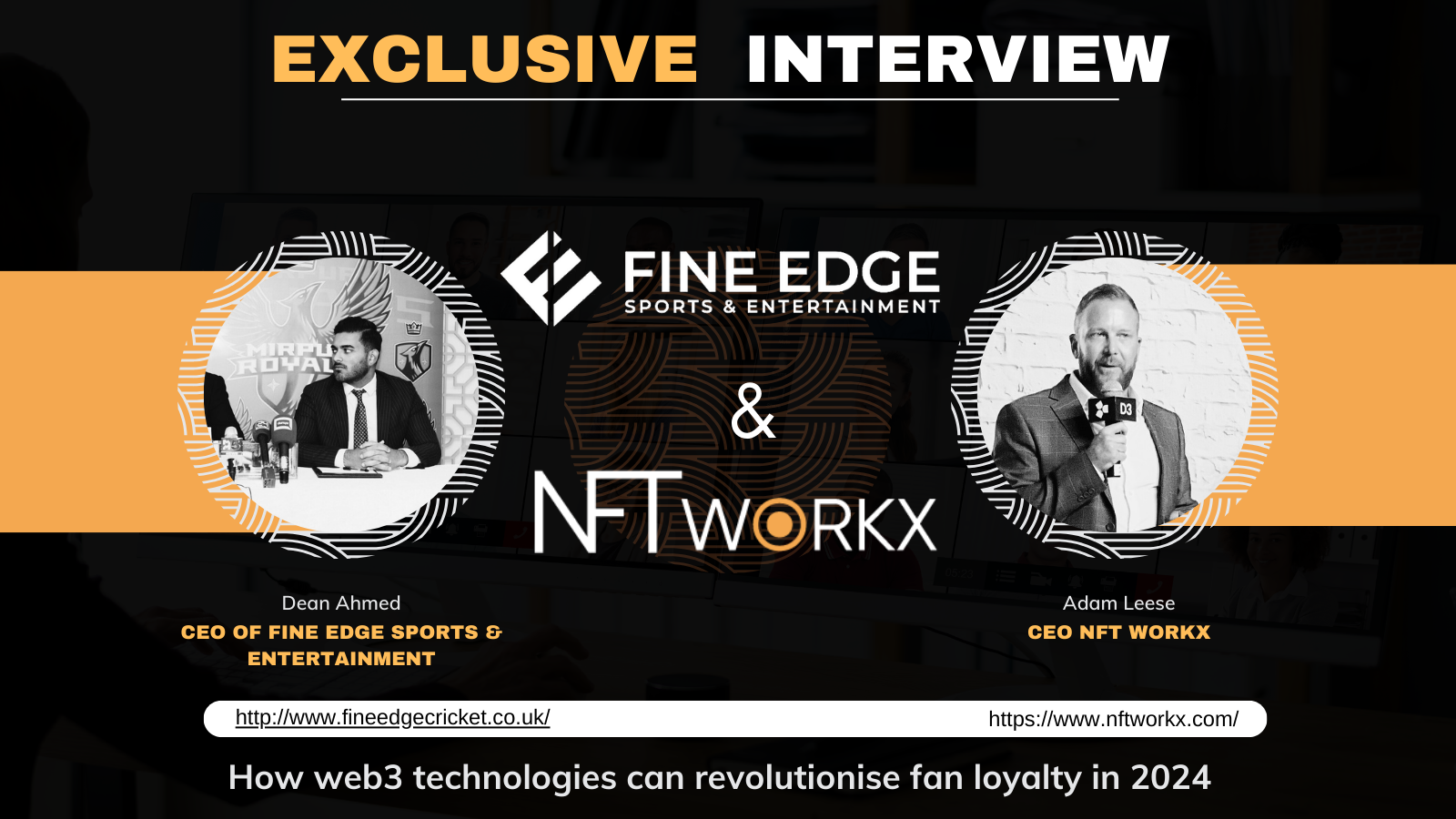The Evolution of Ecommerce in the Web3 Era
The digital landscape has witnessed a paradigm shift with the advent of web3. As we delve deeper into 2023, the fusion of web3 and ecommerce is becoming increasingly evident. Retailers, both big and small, are recognizing the potential of decentralized technologies and are swiftly integrating them into their business models.
Decentralization: The Heartbeat of Web3
Web3 represents the third era of the web. Unlike its predecessors, it emphasizes decentralization, ensuring that power and control are distributed among its users. This decentralized nature offers unparalleled security, transparency, and trustworthiness, attributes that are highly sought after in the ecommerce sector.
Tokenized Assets and Digital Ownership
One of the most transformative aspects of web3 in ecommerce is the concept of tokenized assets. These digital tokens, often referred to as NFTs (Non-Fungible Tokens), represent ownership of a unique item or piece of content on the blockchain. For retailers, this means the ability to sell digital goods, art, collectibles, and even virtual real estate, opening up entirely new revenue streams.
Smart Contracts: Automating Trust
Smart contracts, self-executing contracts with the terms of the agreement directly written into code, are revolutionizing ecommerce transactions. These contracts automatically enforce and execute themselves when certain conditions are met. For retailers, this means reduced reliance on intermediaries, faster transactions, and enhanced trust with customers.
Enhanced User Experience with Decentralized Identity
Web3 introduces the concept of decentralized identity, where users have complete control over their personal data. This paves the way for a more personalized and secure shopping experience. Retailers can offer tailored recommendations without compromising user privacy, leading to increased customer loyalty and sales.
The Rise of DAOs in Ecommerce
Decentralized Autonomous Organizations (DAOs) are reshaping the way businesses operate. These are organizations governed by smart contracts and operated by a community of stakeholders. In the ecommerce realm, DAOs can facilitate collaborative decision-making, from product launches to pricing strategies, ensuring that the community’s best interests are always at the forefront.
Web3 Payment Gateways: The Future of Transactions
Cryptocurrencies, powered by blockchain technology, are becoming a popular payment method in ecommerce. Retailers are now integrating web3 payment gateways, allowing customers to make purchases using Ethereum, Bitcoin, and other cryptocurrencies. This not only caters to a growing crypto-savvy customer base but also reduces transaction fees and enhances payment security.
Challenges and the Road Ahead
While the integration of web3 in ecommerce offers numerous advantages, it’s not without challenges. Retailers must navigate regulatory uncertainties, scalability issues, and the technical complexities of blockchain integration. However, with continuous advancements in the web3 space, these challenges are rapidly being addressed.
Conclusion
The fusion of web3 and ecommerce is not just a fleeting trend; it’s the future. As we progress through 2023, retailers who embrace this decentralized future stand to gain a competitive edge, tapping into new revenue streams, enhancing customer trust, and revolutionizing the shopping experience. The decentralized web offers a world of possibilities, and for the ecommerce sector, the journey has just begun.
To see how NFT Workx is helping Retailers & Brands seamlessly enter the web3 space: NFT Workx Website





